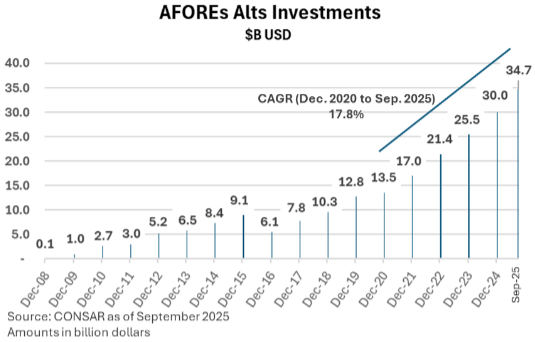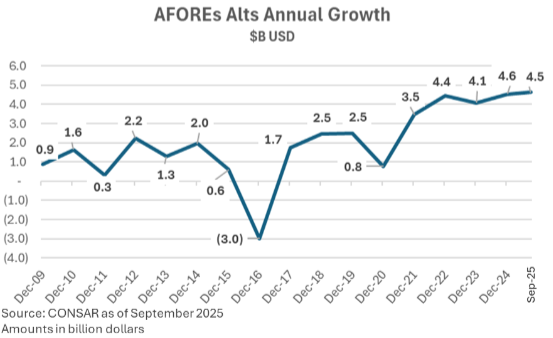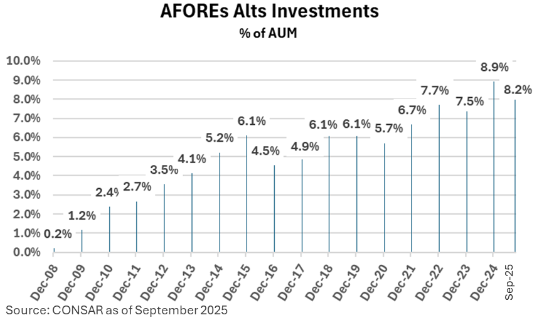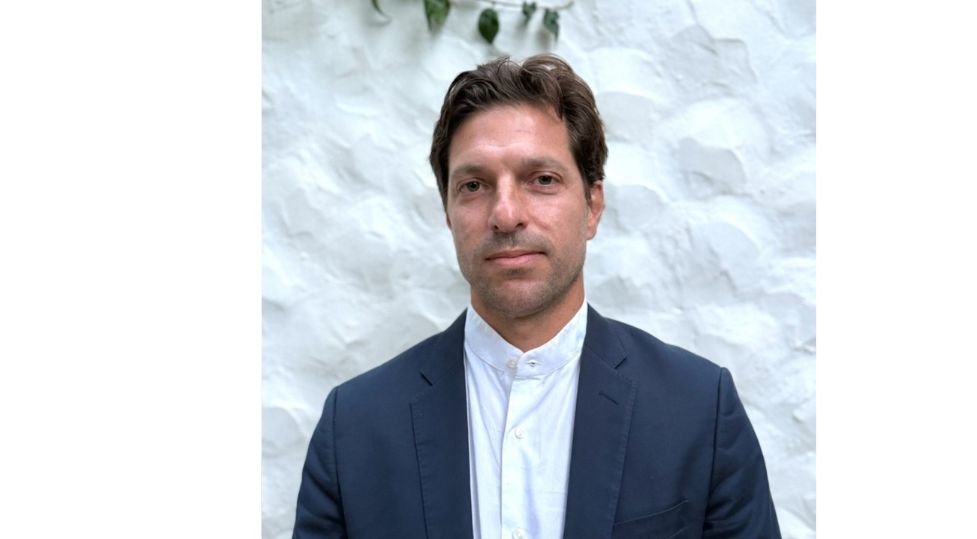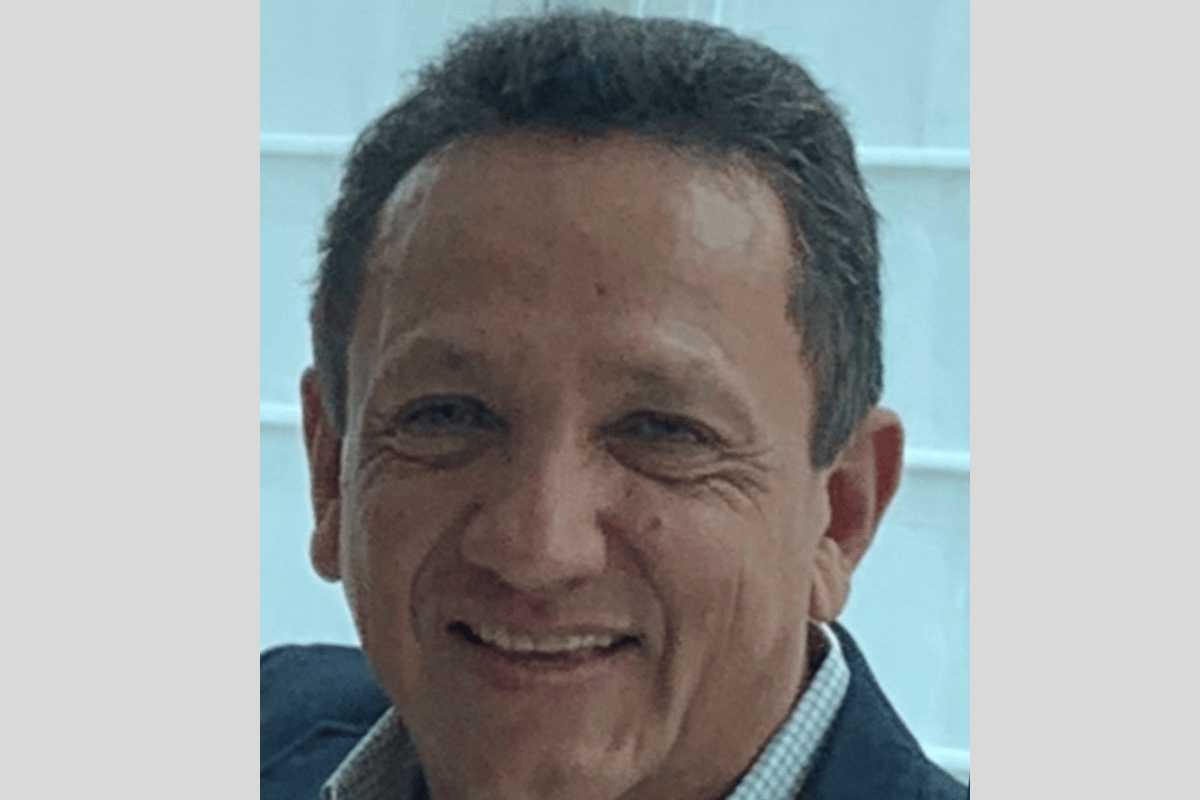The Rise of Women’s Sports, a Unique Investment Opportunity
| By Amaya Uriarte | 0 Comentarios

Women’s Sports on the Rise: A Unique Investment Opportunity
Women’s sports are entering a phase of accelerated and sustained growth, representing a “once-in-a-generation” economic opportunity. After years of underinvestment and media invisibility, there are now structural conditions that allow this sector to scale in a more organic, profitable, and sustainable way, according to a report by McKinsey & Company.
According to the consulting firm, women’s sports are no longer a niche “activist” space with a limited fan base: the audience is growing, franchises are expanding, and new formats are emerging. In fact, many women’s sports audiences today come from existing fans of men’s sports—this conversion of sports consumers has been key to the momentum.
Structural Changes and Growth Drivers
McKinsey identifies several key drivers of growth in women’s sports:
Growing Fan Base: The number of followers of women’s sports has increased, as has their time spent consuming content (live attendance, television, digital platforms). This fan base incentivizes media companies to purchase broadcasting rights and encourages sponsors to invest more.
Innovation in Formats and Leagues: New leagues, complementary competitions, and emerging formats (e.g., 3-on-3 tournaments, franchise-based leagues) allow women’s sports to explore less saturated markets and design their growth with greater flexibility.
Value of Media Rights: McKinsey highlights that the cost per viewer hour for women’s media rights is significantly lower than for men’s, suggesting substantial potential for upselling if the gap can be closed.
Sponsorships, Marketing, and Brands: Investors, sponsors, and media are starting to see women’s sports not just as a social cause but as an investment with growing returns, thanks to the expanding target audience with purchasing power.
Infrastructure and Capital Investment: Private funds, institutional investors, and venture capital have begun backing franchises, leagues, sports data platforms, management services, and other components of the “women’s sports infrastructure.” McKinsey cites players like Project Level (led by Jason Wright), who aim to “level the playing field” as part of their investment strategy.
These combined drivers are generating a “virtuous cycle”: larger audiences → better media rights → more investment → expansion of leagues, franchises, and infrastructure.
Market Projections and Future Monetization
McKinsey estimates that women’s sports media rights in the U.S. could generate at least $2.5 billion annually by 2030, compared to approximately $1 billion estimated in 2024. In other words, a projected growth of 150–250% over the course of this decade.
As for the expected revenue breakdown:
Sponsorships (brands, image rights, partnerships) would make up the largest share.
Ticket sales and live experiences would be the second most significant source, driven by increased stadium attendance and the growing popularity of live events.
Media rights are expected to account for around 20% of total projected revenue.
The remaining income would come from merchandise sales, brand activations, licensing, and related products.
A key point is that media rights for women’s sports are still undervalued (lower cost per viewer hour compared to men’s sports), suggesting considerable room for rights holders to capture more value if they improve engagement, grow their audiences, and enhance commercial positioning.
To realize this potential monetization, McKinsey emphasizes the need for coordinated action across all levels of the ecosystem: leagues, franchises, federations, brands, media, and tech platforms.
Challenges, Gaps, and Risks
While the outlook is promising, McKinsey also points to several barriers and risks that could slow the development of women’s sports:
Monetization Gap and Risk Perception: Many investors, brands, and media apply a “discount” or bias toward women’s sports due to their shorter track record of financial performance, smaller scale, and perceived uncertainty.
Lack of Data, Standards, and Infrastructure: Many women’s sports organizations lack mature capabilities in data analytics, audience metrics, fan retention strategies, or robust technology platforms.
Attention Competition and Media Saturation: Women’s sports compete in a crowded entertainment market (men’s sports, streaming, gaming, digital content), making it costly to capture and retain audience attention.
Operational Misalignment and Management Capacity: Many women’s franchises operate with small teams, limited resources, and without efficient scaling models, which may limit growth potential and profitability.
Overexpansion Risk: Rapid growth without financial or structural backing could lead to instability (e.g., bankruptcies, cutbacks, fan disappointment).
Inequality in Access to Capital and Networks: Women’s organizations still have less access to strong capital networks, sponsorships, and partnerships, which could perpetuate growth gaps.
McKinsey warns that the “peak” of positive impact has not yet been reached: many growth dynamics are still in early stages and depend on coordinated, long-term efforts across the ecosystem.
Strategic Recommendations for Stakeholders
To capitalize on the moment, the report offers a series of strategies for different actors:
For Investors / Venture Capital: Get involved not only as financiers but also as operators—contribute expertise, connections, and strategic support to emerging franchises.
For Franchises / Teams / Leagues: Professionalize operations, invest in data analytics and audience metrics, strengthen digital marketing and storytelling strategies to emotionally engage fans, and build immersive in-person and digital experiences.
For Brands and Sponsors: Recognize women’s sports as a growth and positioning opportunity with greater credibility, invest early, build deep partnerships with teams and clubs, and go beyond sponsorship through activations, co-created content, and strategic collaborations.
For Media and Streaming Platforms: Raise the visibility of women’s sports, negotiate rights more aggressively, collaborate on original content production, and integrate with digital platforms to boost accessibility and discoverability of competitions.
For Federations, Regulators, and Sports Bodies: Enable access, design more balanced calendars, harmonize formats, promote youth development infrastructure for girls, and implement equity policies.
For the Ecosystem at Large (Services, Tech, Training, Data): Build complementary businesses (sports analytics, management platforms, specialized agencies, sports marketing) that expand the women’s sports “stack” and contribute to its scalability.
These recommendations aim for each actor to not just “bet” on women’s sports but to become an active part of structural transformation.


